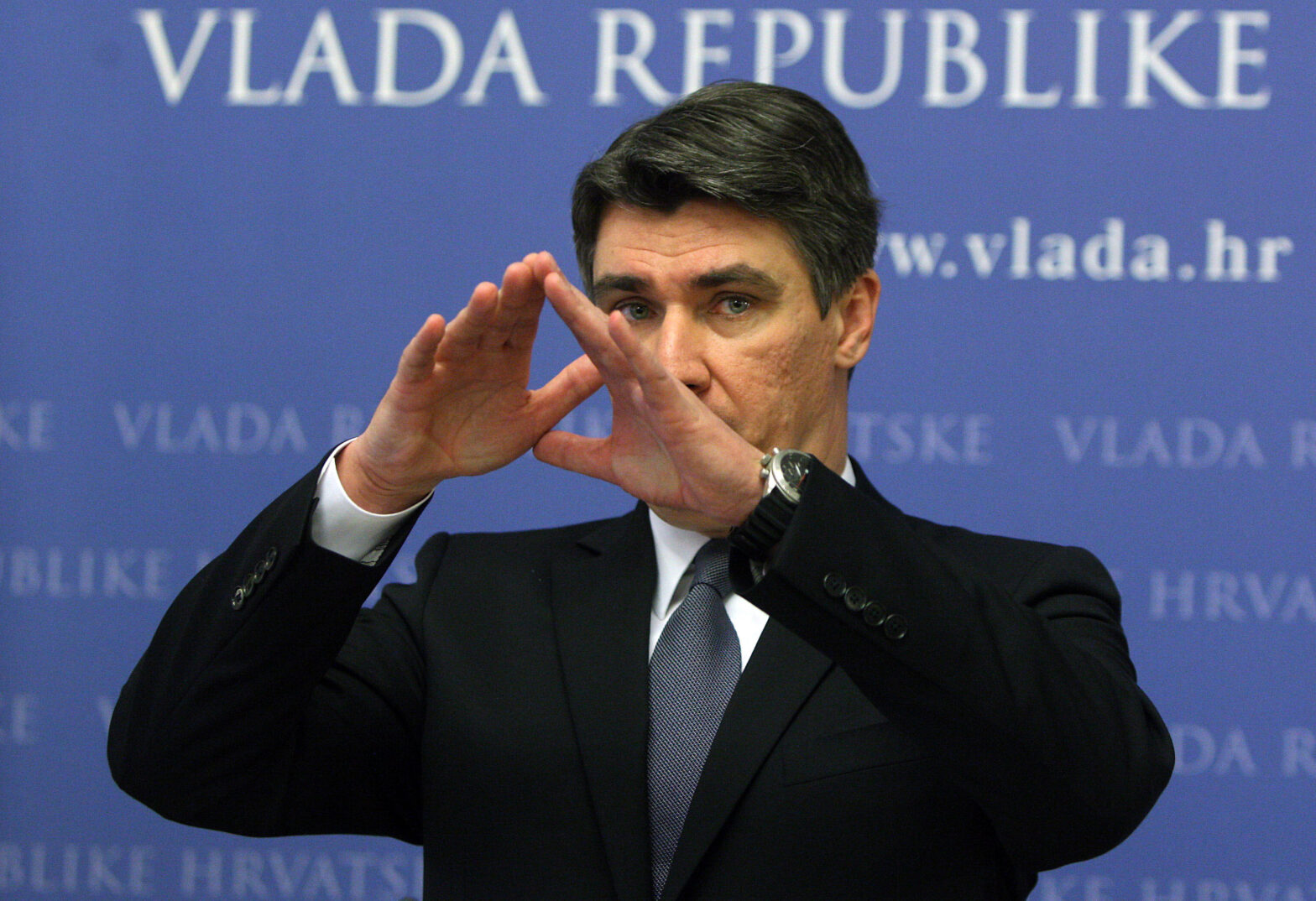Several civil society organizations, asked by the H-Alter.org portal to give their assessment on the Draft-Law on Strategic Investments, submitted for adoption last week, in an urgent procedure, comment that it would lead the country into a second round of robber-baron privatization and ensures a shortcut to exploitation of natural wealth and resources of the country.
The Ministry of Economy justified the preparation of the new Law with the “need to urgently launch a new investment cycle as the main stimulus for growth and development of national economy”. The civil society, on the other hand, believes that the real goal of the bill is to clear the ground for grand civil construction projects, regardless on ultimate cost to the natural and cultural wealth.
“It ensures a short-cut for exploitation of natural resources of the country. This Draft-Law makes no distinction or gradation based on social or environmental value of goods. Furthermore, it completely eliminates all distinction between private and public domain, in the attempt to monetize the latter. It aims, therefore, to facilitate the privatization of the public domain”, says Vladimir Cvijanović from Zagreb Faculty of Economy.
Bernard Ivčić, the President of Zelena Akcija (Friends of the Earth Croatia), believes that the criteria for declaration of a project to be strategic, listed in the Law, have been too generally defined to include almost all possible areas in which capital would want to meddle – from energy and roads to tourism, island economy or the so-called “non-active state property”.
“We have a similar situation as with the Law on Golf Courses. The only difference is that this Law opens a much wider area. It penetrates all areas of economy and allows the possibility for adaptation and repurposing of all sorts of public resources”, Ivčić says.
The Commission that would decided whether a project deserves the status of strategic project would be named and appointed by the Government, from its own ranks, and Transparency International Croatia considers the provision regulating the work of that Commission to be conductive to corruption, opening the ground for discretionary decision-making on which the Parliament or the public would have no influence, whatsoever. Transparency International Croatia also believes that the fact that the Law has not passed through proper public debate demonstrates that the Government didn’t intend to produce good piece of legislation in the first place.
“The criteria are not clearly defined, which leaves ample space for manipulation. One of the criteria to gain the status of a strategic project is for a project to create new jobs, but it never mentions how many new jobs would be needed – five, five hundred, or five thousand”, said Saša Šegrt from Transparency International Croatia.
Marina Škrabalo from GONG believes that, in addition to being in collision with the Constitution, the Draft-Law aims to circumvent a whole series of other laws and eliminate some rights of the public and local communities to take part in adoption of decisions related to the environment, rights guaranteed also by the Aarhus Convention, signed and ratified by the Republic of Croatia.
GONG adds that the Draft was written in such a way to allow for evasion of assessment of any risks and negative impact that investment projects would have on the citizens, local communities, society, environment, economy, public domain or democracy.
“The Law is so badly written to allow for a situation in which skyscrapers would fall down and roofs could collapse on the heads of children in kindergartens, having in mind that, under this Law, the bigger the project is the more control procedures could be evaded. It would also lead to numerous discrimination lawsuits, knowing that it reserves certain privileges for some investors”, Škrabalo told H-Alter.org.
H-Alter.org reports that the other CSO representatives and experts it contacted agree that the Law actually creates the conditions for a second round of robber-baron privatization, for a new “joint criminal venture”. Civil society representatives were to hold a press-conference earlier today to deman from the Government and the Sabor (the Croatian Parliament) to suspend the bill, to deny the freedom to the Ministry of Economy to do what it wants with the Law and to stop the further privatization of the public domain.
“Croatia still has no social consensus on the concept or direction of national economic development. No law can compensation for that, having in mind that any legislation can, at best, represent only the political consensus”, professor Cvijanović concluded in his comments on the Draft-Law on Strategic Investments.
Author: oneworldsee.org via h-alter.org
